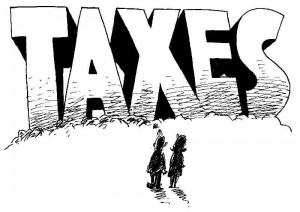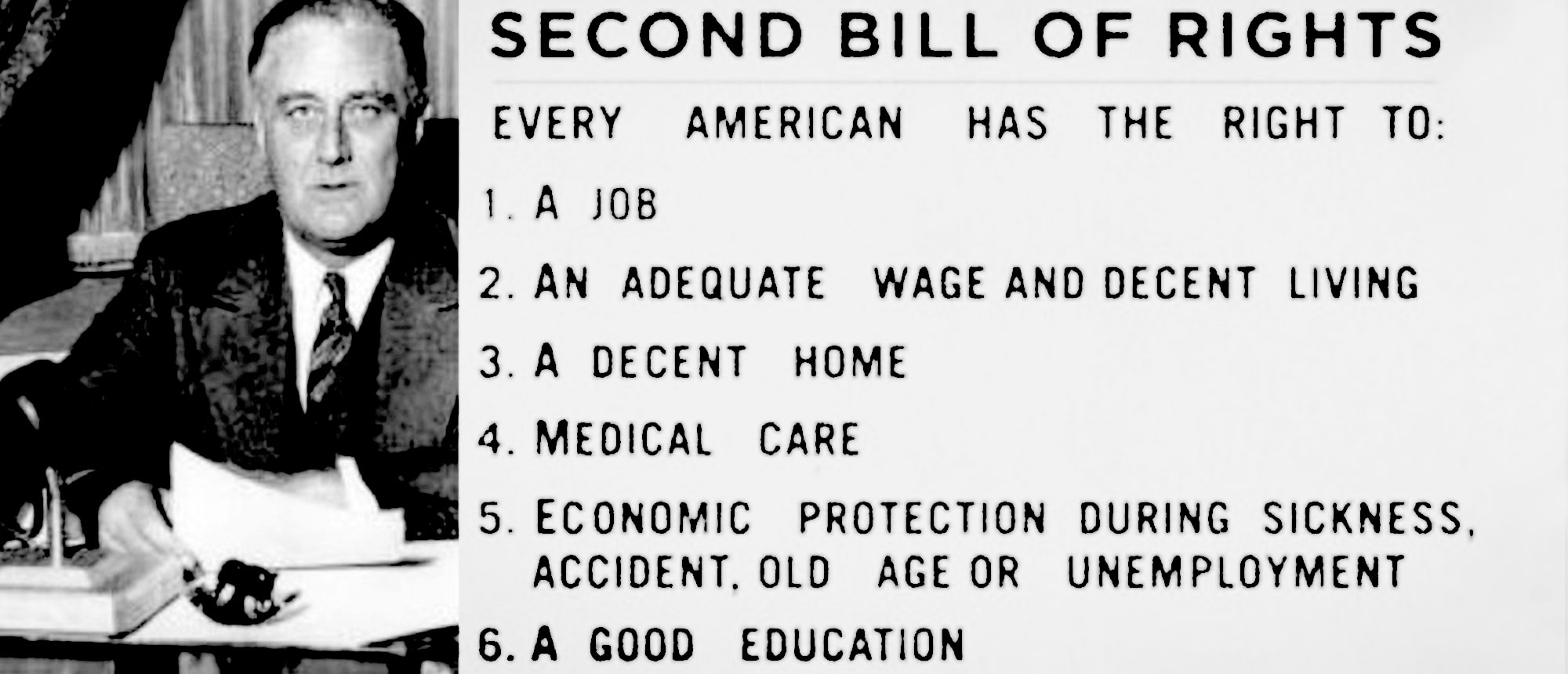(ThyBlackMan.com) If you were among the millions out of work at any point in 2010, your tax return may look quite different this year.
Many people fail to realize that they must pay taxes on unemployment benefits. For 2010 all unemployment benefits received will be considered taxable income. That is a big change from 2009 when a temporary exemption was granted for the first $2,400 received.
Some states withhold part of the unemployment benefit so recipients don’t get socked with a big tax bill, but that’s not a requirement, said Melissa Labant of the American Institute of CPA’s tax team. That means you might be on the hook for taxes on the full amount of your benefits.
Fortunately, there’s a host of deductions and tax credits that can help offset any tax you owe, or increase your refund.
Tax deductions:
— Job search
Certain expenses can be deducted if you’re looking for a job in your most recent occupation.
That means similar job titles in different industries, like administrative assistant or customer service manager, would qualify. Costs for a search that enabled you to switch from being an elementary school gym teacher to a restaurant chef wouldn’t make the cut.
Fees for resume preparation, job counseling and employment agencies may be claimed. And, if you kept a log of telephone calls, you may be able to  claim a portion of your phone bill.
claim a portion of your phone bill.
Also, the costs of travel to and from job interviews, both local and out-of-town, may qualify, so long as the trip was primarily for job-search purposes.
You can’t, however, claim the cost of an interview suit or a pre-interview haircut or nail salon visit.
Taxpayers can deduct the job hunting expenses if the amount of all miscellaneous itemized deductions is more than 2 percent of their adjusted gross income. Scour your records to see if you had expenses that weren’t reimbursed by your former employer, union dues, professional organization dues or fees for conferences or seminars. Together, these may help lift your deductions high enough to qualify. See IRS Publication 529, “Miscellaneous Deductions“, http://www.irs.gov/pub/irs-pdf/p529.pdf.
— Moving expenses
If you moved to a different city in order to start a new job, you may be able to claim your relocation costs, whether or not you’ve changed career fields.
The catch is that your new job has to be at least 50 miles farther away from your former home than your old job was.
So if you commuted 20 miles to reach your former employer, your new job would have to be at least 70 miles from your former residence in order for moving expenses to be deductible, explained Kathy Pickering, who heads H&R Block’s Tax Institute.
If you can meet that requirement, Pickering said you can deduct the costs for moving yourself and your family. And this is an “above the line” deduction, which means you can use it whether or not you itemize.
— Medical expenses
Out-of-pocket medical expenses — including COBRA premiums to extend healthcare insurance coverage through a former employer — can be a major expense for the unemployed. Such expenses in excess of 7.5 percent of adjusted gross income are deductible.
This is an often-overlooked area, said Pickering. Typically, it’s difficult for a wage-earner to meet that 7.5 percent threshold, so it’s often a forgotten possibility for someone who is unemployed.
Tax credits
There are a number of tax credits that may apply to your situation, particularly if you went back to school or were out of work for much of the year.
1. Education expenses up to $2,500 may be offset using the American Opportunity credit, for someone working toward a degree. A Lifetime Learning credit, of up to $2,000, may be claimed for courses used to acquire or improve job skills. If you can’t claim either credit, there’s a tuition and fees deduction that may apply to your situation. See IRS Publication 970, “Tax Benefits for Education“, http://www.irs.gov/pub/irs-pdf/p970.pdf .
2. If you earned $27,750 or less ($55,500 for married filing jointly) and deposited money in an Individual Retirement Account, 401(k) plan or other retirement program during the year, you may qualify for the Saver’s credit of up to $1,000.
3. The Earned Income Tax Credit is also aimed at low- and moderate-wage earners. This year, taxpayers who earned less than $43,452 ($48,362 married filing jointly) may qualify. The amount of the credit gets smaller the higher your income. Higher credits are available for parents, with increases for more children.
Written By EILEEN AJ CONNELLY




















Leave a Reply